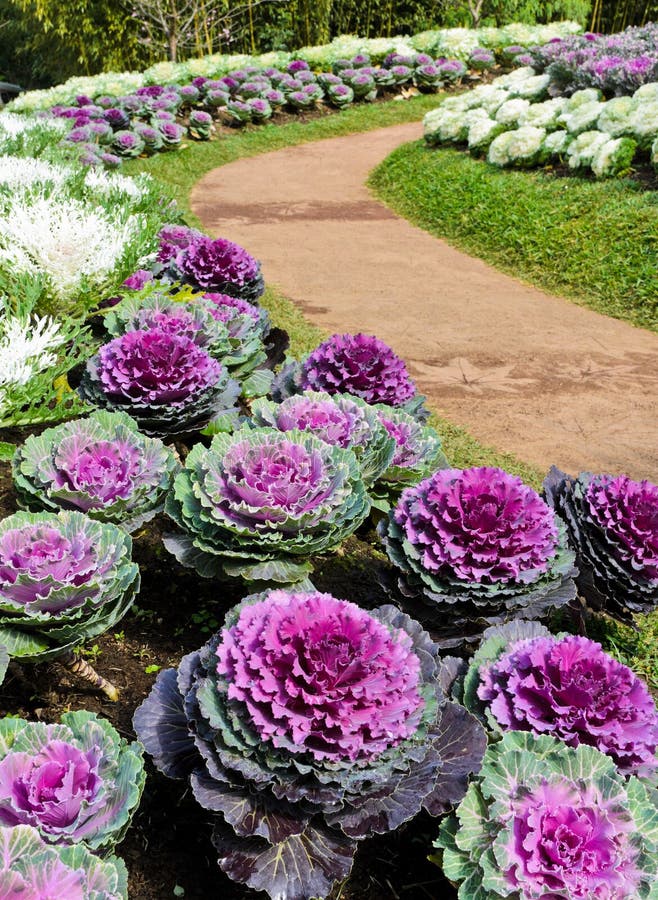Basa ……. Know what you are eating.
Basa has become common in the UK as "Vietnamese river cobbler", "river cobbler", or "basa". It is mainly sold by large supermarkets, in both fresh and frozen forms, as a cheaper alternative to popular white fish such as
cod or
haddock.
Young'suses it in some of its frozen fish products, under the name basa.
[15] The import of basa is subject to the same stringent EU regulations as other food imports, as set out in the CBI pangasius product fact sheet
[16] UK
Trading Standards officers said that cobbler was being fraudulently sold as cod by some fish-and-chip retailers to take advantage of the much lower price of cobbler, which was about half that of cod. This practice was highlighted by the successful prosecution of two retailers, using
DNA evidence, in 2009 and 2010.
[17][18] Sometimes pangasius is described, legally, simply as "fish", as in "fish and chips".
[18]
Environmental and health concerns
Several environmental organisations concerned with marine ecosystems have raised concerns about basa.
OceanWise, an environmental organisation associated with the
Vancouver Aquarium, has flagged farmed basa for its potential pollution of ecosystems and interference with wild species.
[19] It writes, "Open cage farming in Southeast Asia is associated with disease transfer to wild basa. There are also concerns about feed quality, farm operating standards and the biological impact of using wild stock for culturing."
[19] The
Monterey Bay Aquarium currently lists the basa in its "red flag" or "avoid" category.
[20] Both groups cite USA-
farmed catfish as a more sustainable alternative.

 (He can't source any though , so no-one could try them here even if they wanted) . You could have made a killing!
(He can't source any though , so no-one could try them here even if they wanted) . You could have made a killing! 